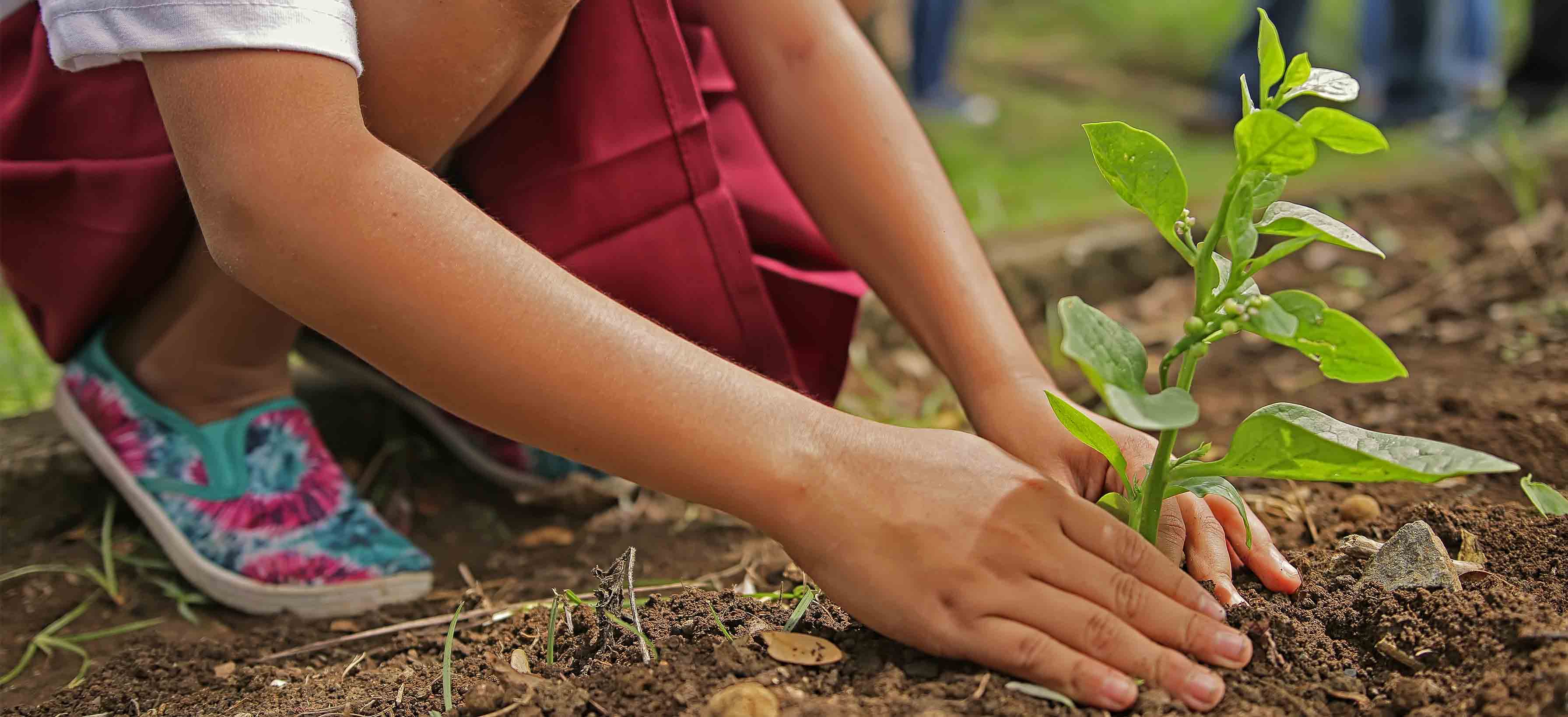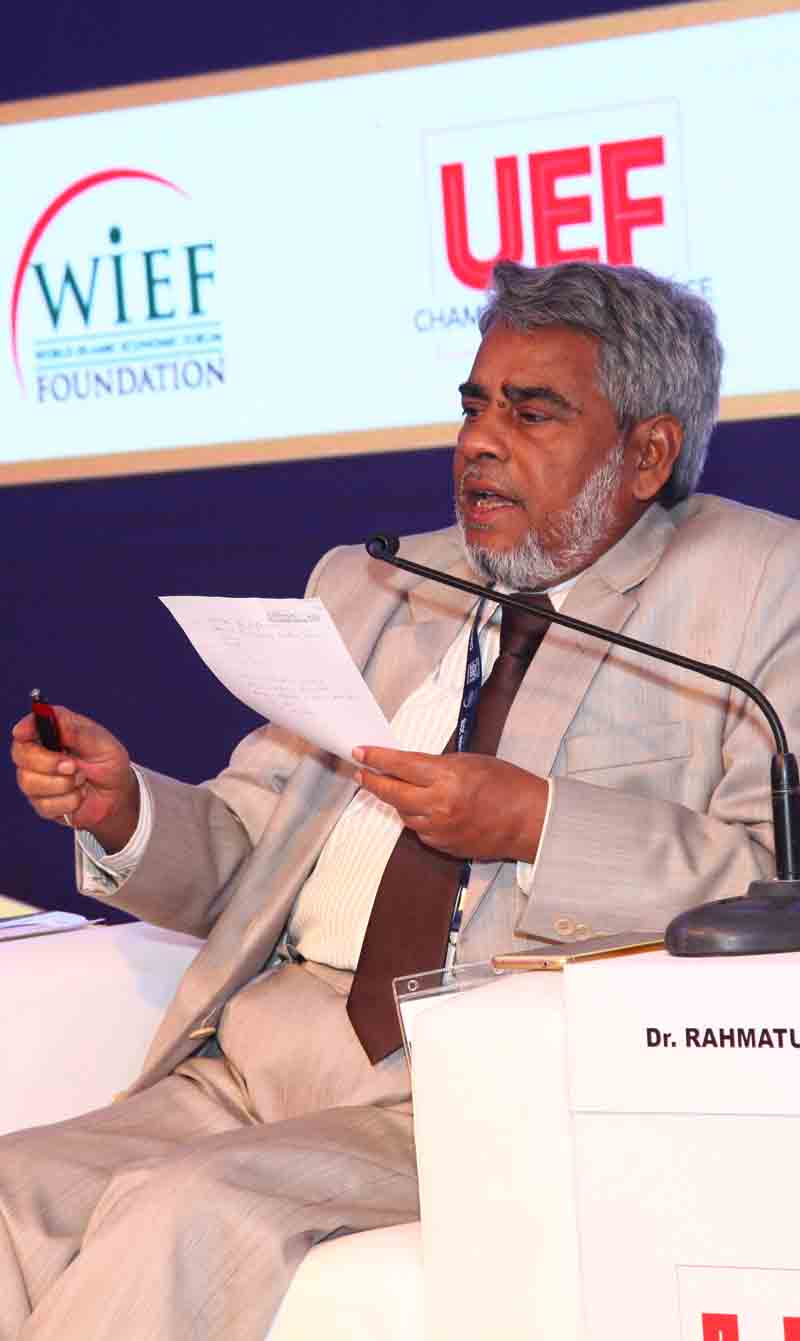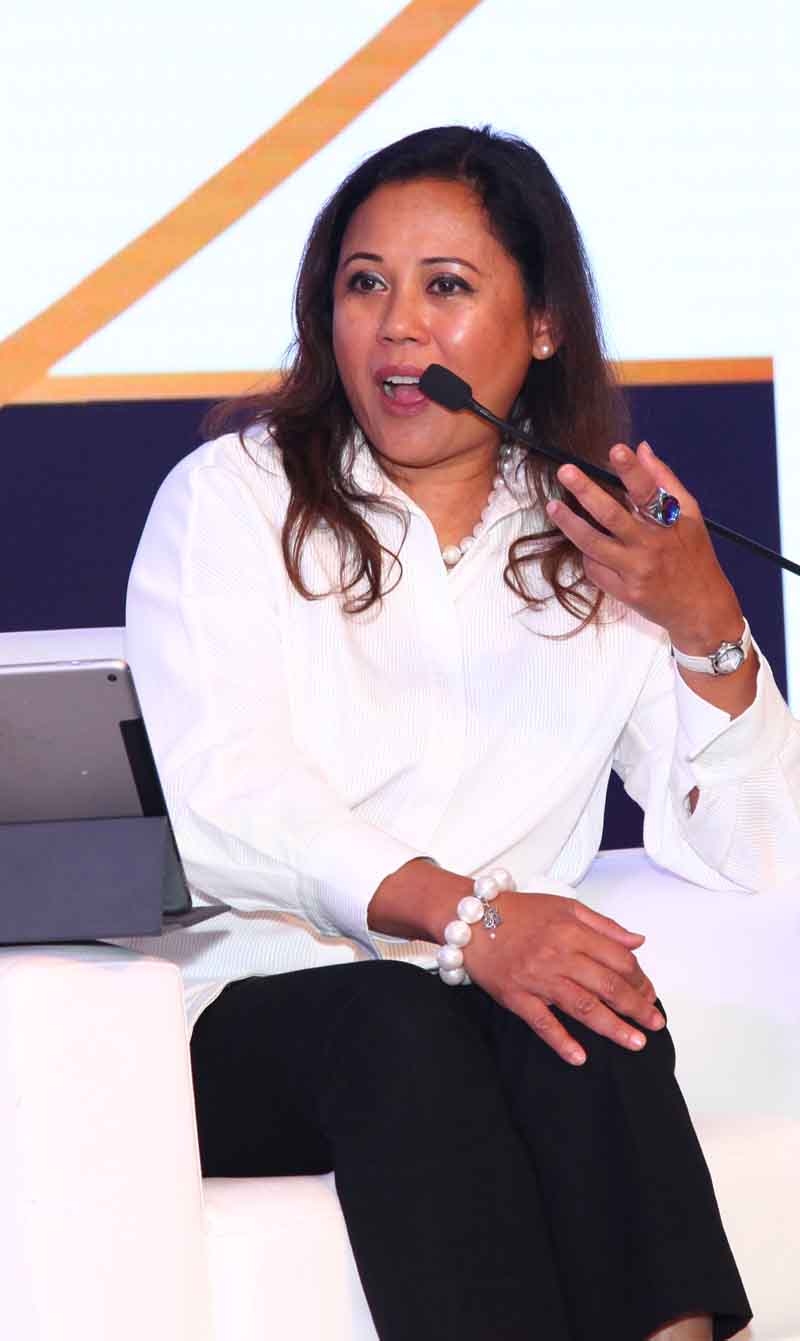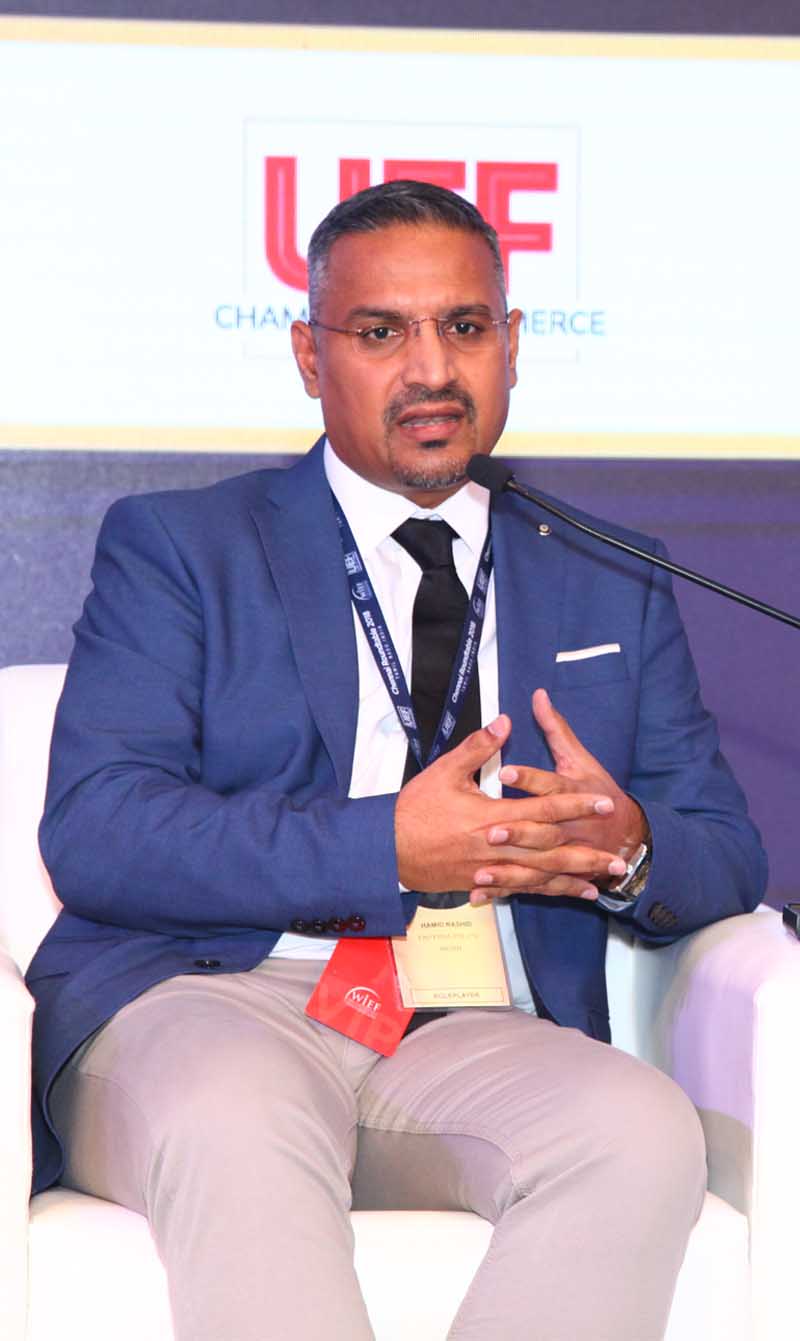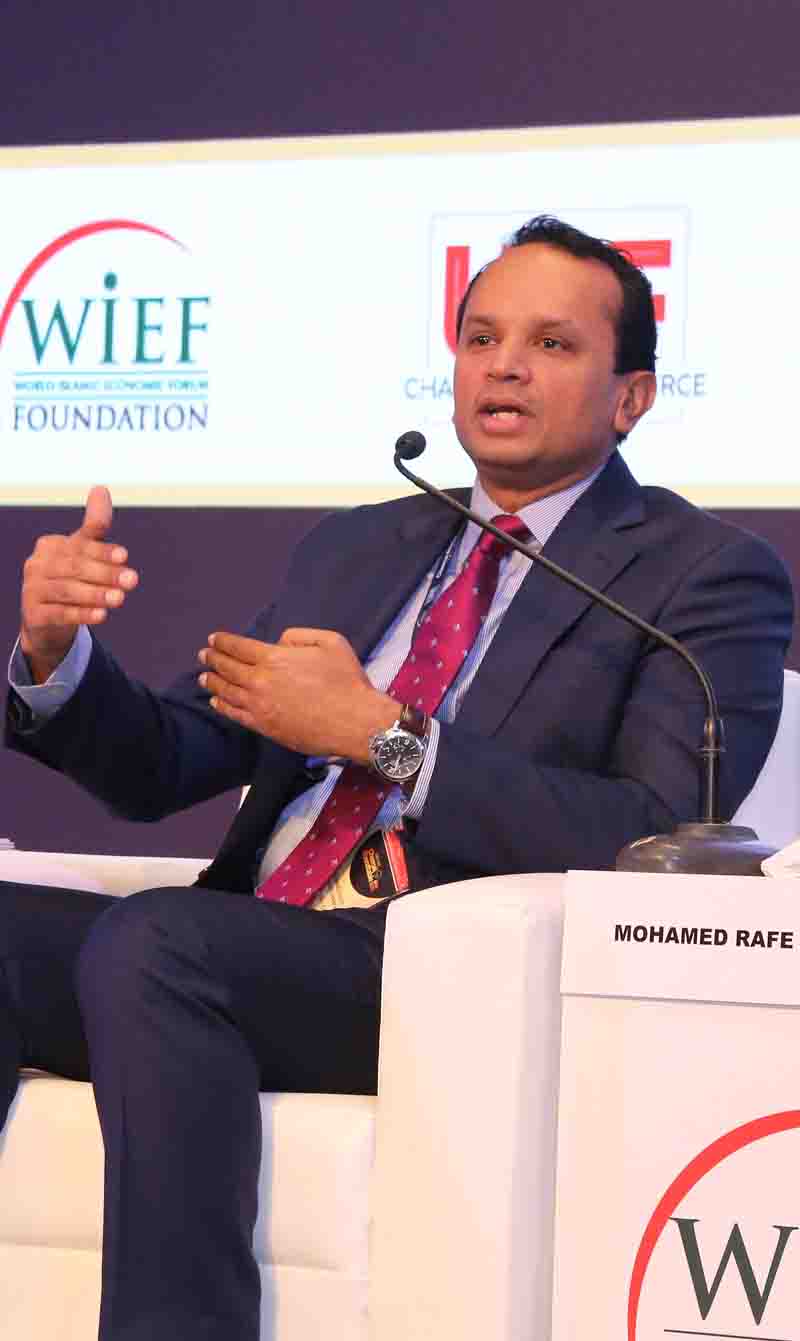Banking on the growth of Waqf
Today’s global economy, driven largely by liberal capitalism, is shadowed by the fear that the world’s wealth will be monopolised by a handful of corporations at the expense of the majority. Waqf offers a fairer solution.
In Islamic practice, waqf offers a solution for a fairer and more caring economic system. Many scholars have defined waqf as a form of a gift for the benefit of a certain philanthropic activity carried out in the name of Allah. It is prevented from being inherited, sold, given away, mortgaged or rented. The benefits must be devoted entirely to the purpose that the donor has stipulated.
Waqf has tremendous potential to be an institution that renews the economy for Muslims in the future. Its benefits are not restricted to the Muslim community and can be shared beyond religious, cultural, racial and sectarian boundaries.
Ancient assets
The origins of waqf in Islamic history can be traced back to Madinah, when Saidina Uthman bin Affan purchased a well as a gift for the people of Muhajirin and Ansar after the ‘hijrah’. This demonstrates the greatness of waqf because Muslims can enjoy its benefits until today; for example, through a bank account in Madinah, opened under the name of Waqf Saidina Uthman bin Affan with profits of 50 million Riyal a year. It is crucial for Muslim countries to strengthen and mainstream waqf in their respective economies.
Challenges and the way forward
A significant amount of waqf assets are not fully utilised and much of the land has fallen derelict, resulting in only a small portion of waqf assets being developed.
Among the factors to be considered when planning to expand the institution of waqf are: how can governments and religious institutions accommodate the broadening of waqf development? And how can the private sector play a role in the development of waqf?
Waqf institutions and regulators could gain by reflecting on the experiences of the Islamic Finance industry, which also underwent a challenging period during its infancy. These obstacles were eventually overcome through numerous standardisation initiatives.
There are promising developments underway for the development of waqf. Labuan, in East Malaysia, with its strong wealth management infrastructure, is in a good position to promulgate waqf development. A waqf blueprint is being prepared by Yayasan Waqf of Malaysia (Waqf Foundation) with an appropriate national law to be tabled through the Economic Planning Unit. The Securities Commission of Malaysia will produce a handbook on the utilisation of capital markets for waqf development in tandem with relevant organisations such as Teraju and Jawhar. Finally, the Islamic Research and Training Institute of the Islamic Development Bank Group has produced a template on waqf law, which has been adopted by Morocco.
The inaugural WIEF-IDB Brainstorming Meeting on Waqf Products and Services held in Jakarta, Indonesia on 5 June 2014 identified several priorities for moving forward. The respective countries should conduct national surveys on waqf assets before implementing the necessary legal infrastructure to minimise the mismanagement of waqf assets.
In line with the theme of the partnerships for the 10th WIEF, collaborations for practical and bankable waqf projects were explored.
The second edition of the WIEF-IDB Brainstorming Session on Waqf Products and Services was held on 29 October 2014 in Dubai, on the sidelines of the 10th WIEF. The meeting saw participation from 16 countries including Malaysia, South Africa, Bangladesh, Saudi Arabia, Philippines, Brunei, Indonesia, Bahrain, Kuwait, Turkey, New Zealand, India, United Kingdom and Australia.
___________________
This topic was explored at the 10th WIEF sessions on Mobilising Capital From Waqf, Pension Funds And Unit Trusts: Developing Best Practices Successful fund management practices such as waqf, pension funds and unit trusts across the globe have been pivotal in eradicating poverty and improving the wellbeing of the population. What can we learn from success stories around the world?
